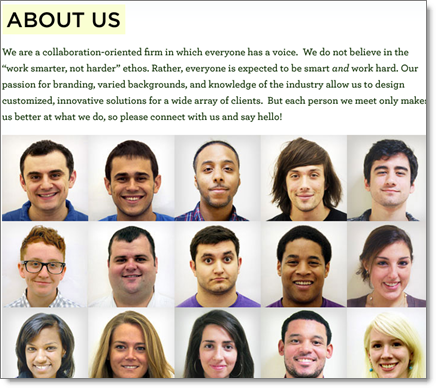Social media is… funny.
I wrote two books on social media. I train people how to use (mostly) LinkedIn. I talk about how job seekers can use these tools, and I talk a lot about personal branding, whether it is online or offline.
I’ve been on these tools for years. I’ve had heavy-use periods, and light-use periods (right now I’m going through a light-use phase).
I’ve seen people become consumed with social media, whether they think it is going to be the silver bullet to end their job search, or get them gobs of new customers, or just find a friend or share stuff… social media has become too-consuming.
Here’s a clip I found on TechCrunch where a comedian who has made over $.5M in one test/campaign using social media shares his thoughts on how we use it.
Some of my favorite parts:
Um, I don’t have any favorite parts. The entire thing is a favorite.
So where does social media fit in? It’s a TOOL.
How can you use it as a tool, instead of YOU being the tool (see #4 here)??


